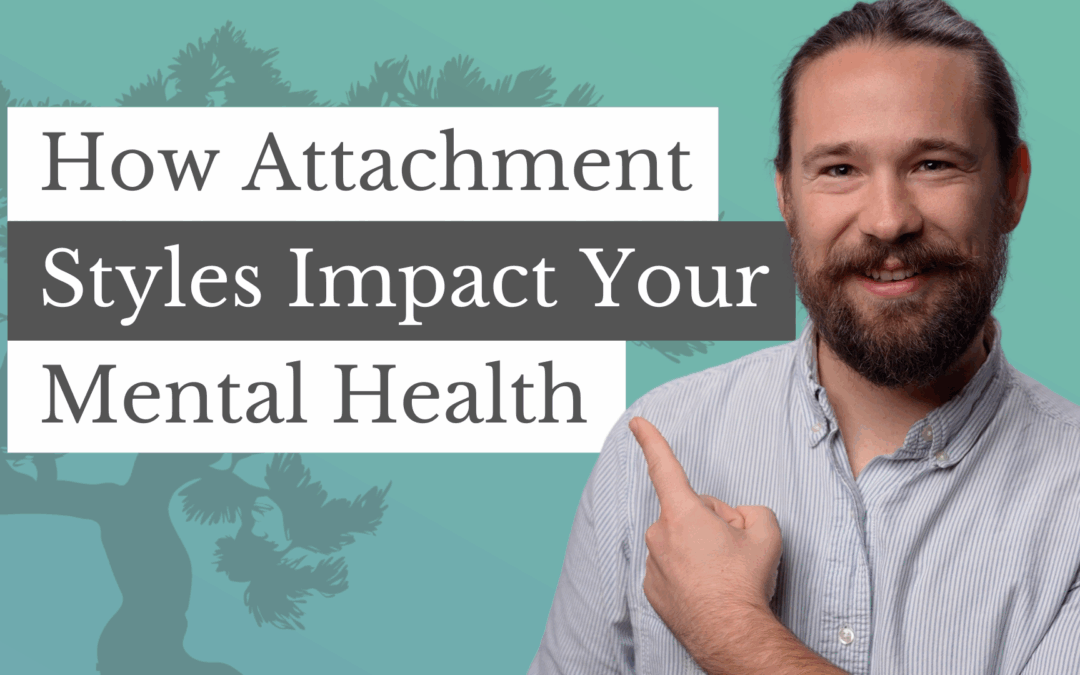Have you ever wondered why some arguments with those you are close to feel more like a fight for survival than a simple disagreement? Or why you so frequently end up feeling anxious or shut down in certain relationships? Such questions get to the heart of how utterly baffling love can be, but there is a theory on love that can help us start to grasp it better.
A Brief Overview of Attachment Theory
For most of the 20th century, the prevailing theory of child-rearing was that doting mothers were to blame for needy, ineffectual children, and the best way to raise a child was through emotionally detached parenting. This was the state of psychology in the 1920s, when John Bowlby was being trained, and he realized that something was off.
Through his work with troubled teens, Bowly theorized that secure emotional bonds are a survival need that lead to flourishing and safety and when these bonds are jeopardized, it is coded by the brain in the same way as threats to food, shelter, or physical safety. But that’s not all; he also proposed that the quality of a child’s attachment to caregivers directly shapes the emotional and relational bonds formed later in life.
Decades later, after mountains of research, the findings are in. They have shown that attachment security is associated with nearly every recognized sign of positive functioning, while insecure attachment serves as a risk factor for almost every measurable sign of dysfunction. Humans need to feel secure in their most important relationships; otherwise, things go haywire.
Applying Attachment Theory
Maybe you are now asking what this has to do with you. Well, perhaps you have asked the questions:
“Why do I feel anxious in relationships?”
“Why do I pull away when people get close?”
“Why does conflict feel so overwhelming?”
When we are young, we learn strategies to help us cope with disconnection. Perhaps you had a parent who was aloof, too overwhelmed in their own stress or pain to pay attention to you.
Or maybe you had a parent who consistently expressed disappointment, and their approval felt always just out of reach. There is no end to the ways that attachment wounds can manifest, and whatever the situation, these strategies helped you respond to that disconnection.
The problem is that these strategies weren’t built for healthy, secure relationships and often keep us afraid and alone. Thankfully, we can learn to change. There are lots of ways to do this, but one is counseling. Therapy can help you become aware of these patterns and begin to shift them.
How I Work with Attachment in Therapy
As a therapist, attachment plays a central role in my work with both couples and individuals.
In couples therapy, I use Attachment Theory and Emotionally Focused Therapy (or EFT) to help couples make sense of the reactive cycles they find themselves in over and over. Together, we slow these patterns down, creating space for empathy and connection. Then, couples can reach for one another in safer, more productive ways.
In individual therapy, I work with adolescents and adults to explore how early experiences may be shaping current relationship patterns or emotional struggles. Whether it’s anxiety, people-pleasing, emotional shut-downs, or difficulty trusting others, we gently unpack these patterns and begin building toward the life they want to live.
If you’re curious about how attachment theory might be showing up in your life or relationships, or want to talk about something difficult you have been experiencing, I’d love to talk with you. Schedule an appointment today.

Nate Dunn
Adolescents, Teens, Adults & Couples
I believe healing happens when we’re seen, heard, and guided with care, and I’m here to walk with you every step of the way.
Choose A Topic!
Cedar Tree's Mission:
There are a lot of broken families who struggle to do life well together.
That’s why we help families create an environment where deeper connection & healing can happen.


